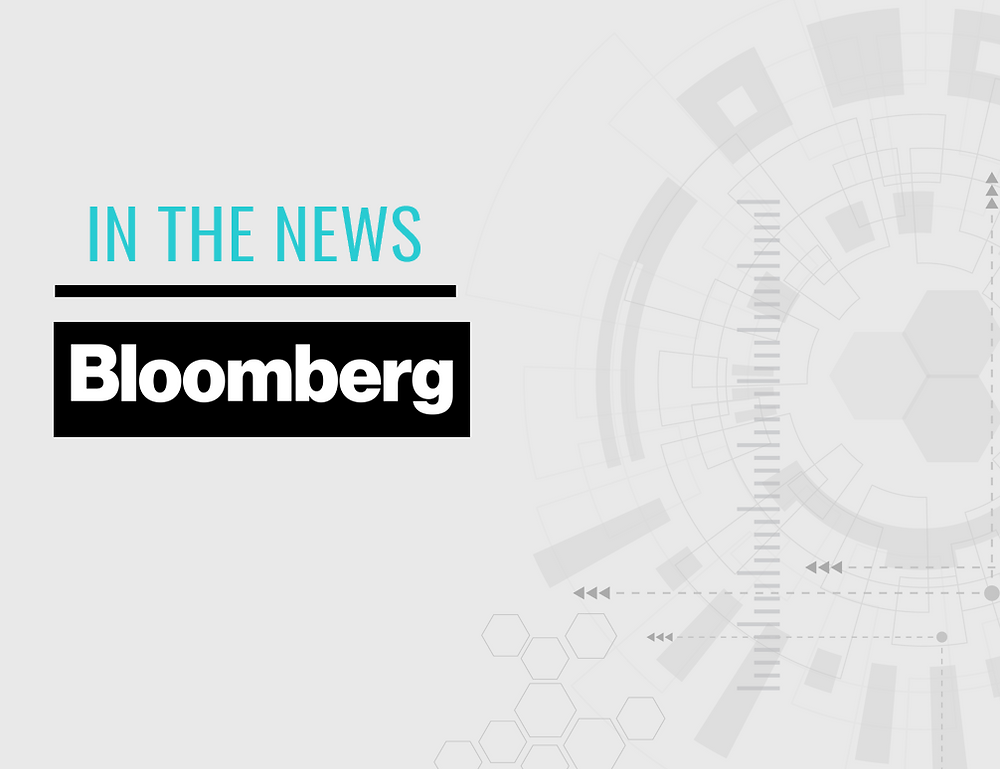Brazil’s Online Disinformation Challenges Extend Beyond Meta

Bloomberg: Anna Edgerton and Andrew Rosati
On Sept. 7, Brazil’s Independence Day, former Trump adviser Jason Miller hung out near Rio de Janeiro’s Copacabana Beach handing out free T-shirts to anyone who would join his social media platform.
The streets were full of people who’d come for a campaign-style rally for incumbent President Jair Bolsonaro. Miller posed for selfies and asked people to sign up for Gettr, his Twitter-like app popular with right-wing users, finding a receptive audience among what he described as his most “passionate, excited, and patriotic user base.”
As in other major democracies around the world, social media plays a critical role in politics in Brazil, where Bolsonaro will face former President Luiz Inácio Lula da Silva in a closely contested runoff election on Oct. 30. In the 2018 presidential election, Bolsonaro and his supporters used WhatsApp in particular to harness frustration with years of political scandal and to fuel his unlikely rise to power. But lies and vitriol about Bolsonaro opponents flooded Facebook, YouTube, and WhatsApp.
Brazil’s electoral authorities have been warning for months that the same dynamic this year could lead to violence. The election has become one of the most bitter contests in 37 years of Brazilian democracy, with supporters of candidates accusing each other of corruption, aiding drug traffickers, cannibalism, pedophilia, and satanism. Bolsonaro has said he won’t step down if fraud impacts the electoral results, setting up a potential repeat of the aftermath of the 2020 US presidential election, which Donald Trump falsely claimed was manipulated. Trump associates have deep connections with the right-wing political movement in Brazil.
Established social media platforms Twitter, Google’s YouTube, and Meta-owned services Facebook, Instagram, and WhatsApp have tightened content moderation rules and enforcement since the last election. Spokespeople for all three companies say they’re more prepared than ever, even as experts question whether they’ve adequately adjusted their content moderation operations to respond to coordinated electoral disinformation. At the same time, the crackdown has driven the rise of alternatives such as Gettr, the video-sharing platform Rumble, and the messaging app Telegram—all of which promise their users more latitude in their posts. Miller says that Bolsonaro’s active use of Gettr has helped drive engagement in Brazil, and that the country now accounts for 15% of the platform’s daily active users.
Besides Telegram, which a 2021 study determined has been installed on half of the smartphones in Brazil, the upstarts remain tiny compared with their mainstream counterparts. Gettr has been downloaded almost 1.4 million times since its introduction last year, and Rumble has been downloaded 417,000 times this year alone, according to Sensor Tower, a data firm. Facebook and YouTube each have well over 100 million users in the country. Despite their limited scale, these newer services have an outsize influence in certain ideological circles and provide a less restricted venue for users whose content has been flagged on older platforms. As a result, they’re complicating Brazil’s broader fight against disinformation.
The trend in Brazil mirrors right-wing disenchantment with mainstream social media in the US. The decisions by Facebook, Twitter, and YouTube to suspend Trump’s accounts in the wake of the Jan. 6, 2021, riot at the US Capitol drove many of his followers to fledgling networks with more permissive policies.
The fragmentation has produced venues where extreme or violent rhetoric won’t be closely scrutinized, says Lisa Kaplan, head of Alethea Group, a company that identifies social media manipulation. “Actors are using the whole of the internet, not just one platform to reach people,” she says. Whereas there were only a handful of places to monitor extremist rhetoric in previous election cycles, now “we’re seeing it also crop up on channels where they don’t do content moderation and are proud about that.”
Read the full story here.